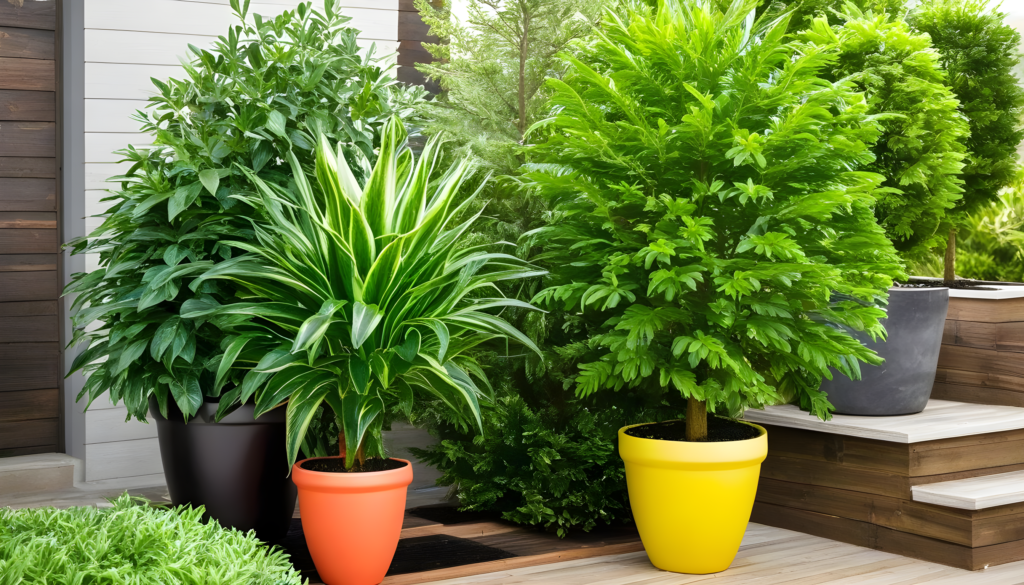
Garden
A garden is a cultivated space, often outdoors, dedicated to the cultivation and display of plants, flowers, and other forms of nature. Gardens can vary widely in size, style, and purpose, ranging from small backyard gardens to expansive botanical gardens and public parks. They serve not only as aesthetically pleasing spaces but also as places of relaxation, inspiration, and environmental significance.
One of the primary purposes of a garden is to showcase the beauty of nature. People design gardens with careful consideration of colors, textures, and arrangements to create visually appealing landscapes. Flowers, shrubs, trees, and other plants are selected for their aesthetic qualities, creating a harmonious and often serene environment. Additionally, well-designed gardens can attract wildlife, contributing to the biodiversity of an area.
Gardens also play a crucial role in providing a peaceful retreat from the hustle and bustle of daily life. Whether it’s a private backyard garden or a public park, these green spaces offer individuals a chance to connect with nature, unwind, and enjoy a sense of tranquility. The presence of plants and the natural environment has been linked to numerous physical and mental health benefits, including stress reduction and improved mood.
Beyond their aesthetic and recreational value, gardens can serve practical purposes. Vegetable gardens, for example, provide a source of fresh, homegrown produce, promoting sustainability and self-sufficiency. Herb gardens contribute to culinary endeavors by providing fresh herbs for cooking, and medicinal gardens may contain plants with healing properties.
Historically, gardens have held cultural and symbolic significance. Many cultures around the world have created gardens with deep meanings, often reflecting religious, philosophical, or artistic ideals. Japanese Zen gardens, for instance, embody principles of simplicity and balance, while English cottage gardens evoke a charming, informal atmosphere.
In recent years, the concept of sustainable and eco-friendly gardening has gained prominence. Practices such as composting, rainwater harvesting, and using native plants are embraced to minimize the environmental impact of gardening. This approach aligns with the growing awareness of the importance of preserving biodiversity and minimizing the use of harmful chemicals.
In conclusion, a garden is more than just a collection of plants; it is a living, evolving space that offers beauty, relaxation, and a connection to the natural world. Whether small or expansive, private or public, gardens contribute to the well-being of individuals and communities while celebrating the wonders of nature.
